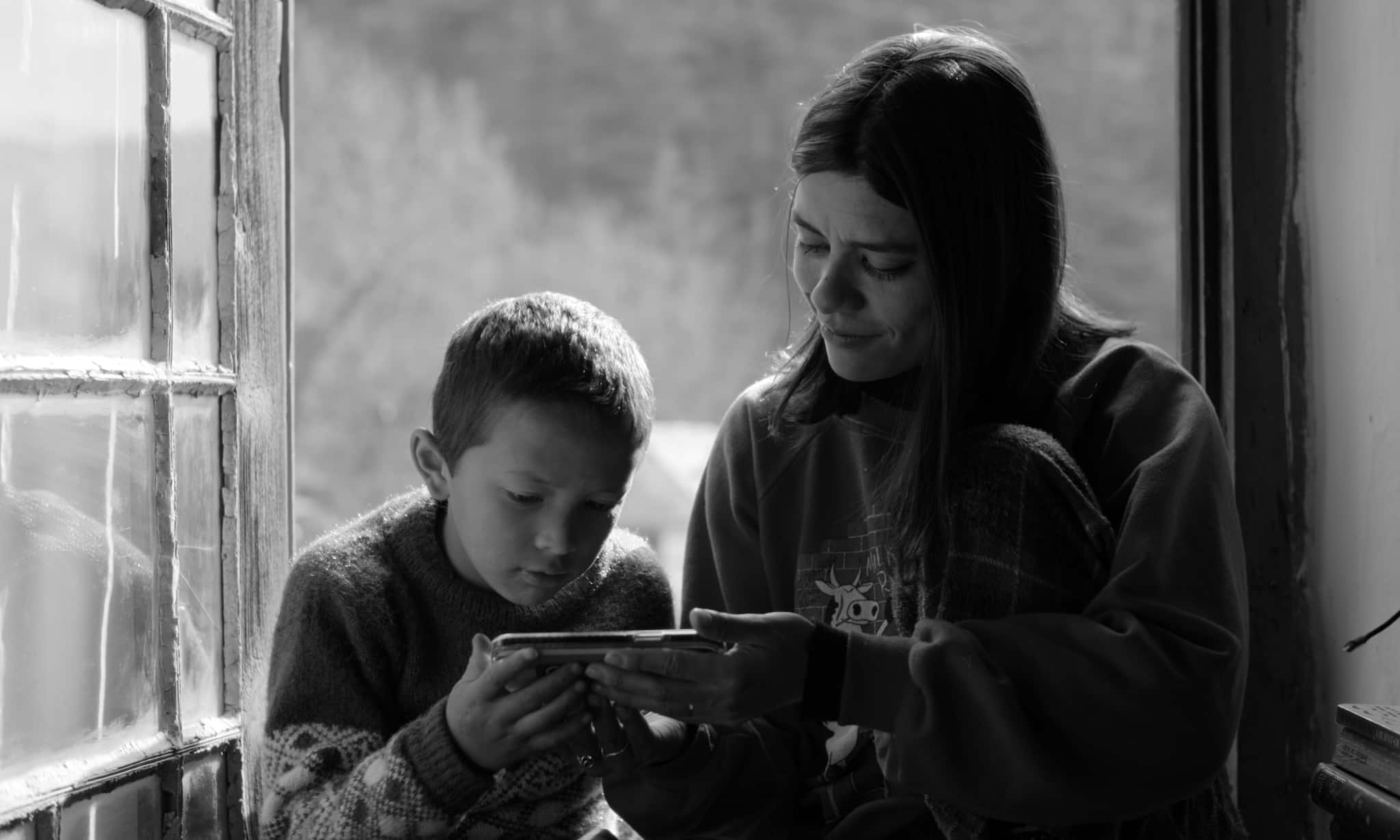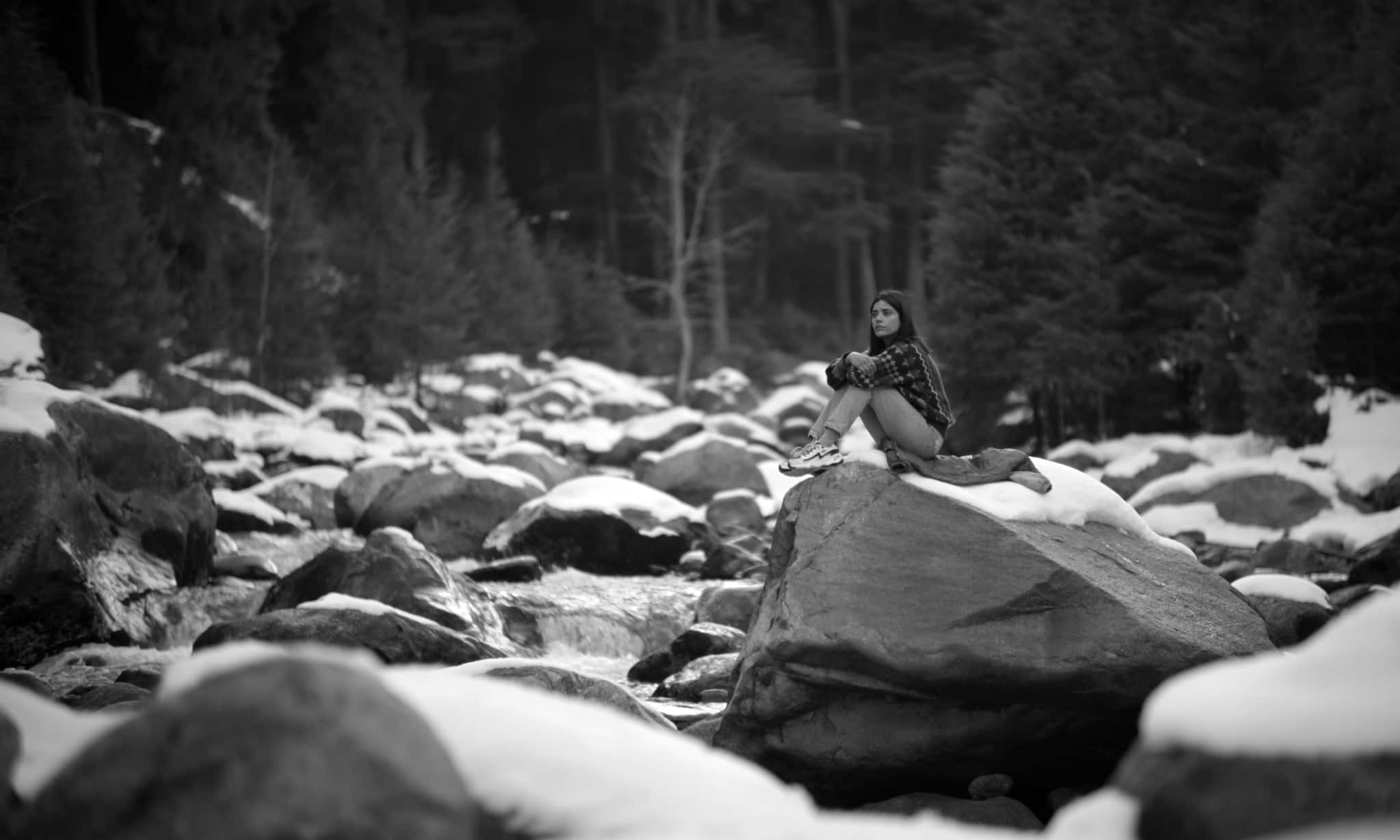



The year 2024 will be remembered in the annals of Indian independent cinema history as the year that witnessed a great number of Indian women directors making spectacular cinema, pushing the boundaries, rendering a visual language to speak the unspeakable. Leading the bandwagon is Payal Kapadia, who has gone on to make history and win global accolades with All We Imagine as Light —marking many firsts for India.
Among this battery of women filmmakers is Subhadra Mahajan, who learnt the ropes of the craft as an assistant director to Pan Nalin, on Angry Indian Goddesses (2015) and Chhello Show/Last Film Show (2021, which was India’s official entry for the Oscars), and has now eked out a visually stirring film with her debut feature, Second Chance, which after a world premiere at 58th Karlovy Vary International Film Festival, Asian premiere at Busan International Film Festival and Himalayan premiere at the 13th Dharamshala International Film Festival (DIFF), screens in the Indian Cinema Now segment in the 29th International Film Festival of Kerala, Thiruvananthapuram.
It takes a village to make a film. And the tragedy of good independent cinema in India is finding the right producer. Mahajan got a first chance at Second Chance thanks to first AD and line producer Shyam Bora, who has previously co-produced, through his Metanormal Motion Pictures, Assamese filmmaker Bhaskar Hazarika’s ingenious Aamis (2019) and Kothanodi (2015).
 Kanav Thakur and Dheera Johnson in a still from 'Second Chance'.
Kanav Thakur and Dheera Johnson in a still from 'Second Chance'.
Shot breathtakingly in monochrome by Swapnil S Sonawane and shorn off melodrama, Mahajan’s minimalist and sublime labour of love — with a spattering of English, Hindi and Kulluvi language the few times when people speak — is a many-splendoured beauty. Therapeutic and restorative at once for souls seeking to heal. The film isn’t about spirituality or philosophical and yet it calms restive beings, much like the high mountains, which are as much of a character in the film, embalming restless cityfolks. Like Kapadia’s AWIAL, Mahajan’s assured filmmaking uses established modes of cinema to show us new ways of seeing and experiencing. Mahajan shows us light, all we imagine as light — healing, with a little help from strangers and unlikely friendships.
Nia, essayed by a striking Dheera Johnson, is a 25-year-old nervous wreck, fidgety with the destabilising weight of an unwanted pregnancy and having been abandoned by her boyfriend Kabir. A barrage of her messages to him on phone goes unanswered. She has been ghosted. Her presumably conservative parents, back in the city, cannot get the wind of what has transpired. So, she has escaped to seek refuge in her parents’ cottage in the high hills of Kullu, where stands tall, unrelenting mountains, covered in a sheet of white calmness.
It is what her life seeks at that moment. Nia, who is swinging between survival mode and thoughts of self-effacement, is borne down by a tunnel vision. The weight of her new truth, an all-encompassing reality, has come to control her being and thoughts. When you are at your lowest, being in the highest of altitudes helps alleviate your perspective to see the impermanence of everything, and help you forgive yourself and the world. The high doesn’t have to be a literal, physical space but a metaphoric state of mind, the road to which won’t ever be easy.
The solitude, near-meditative, with no familiar face or voice in close quarters, with their unwelcome advices, breathing down her throat, feels therapeutic, it is what most of our lives seek now and then, to cut out the chaos, mute the cacophony, and be able to grasp at some strands of perspective, even if we are flailing in the dark. But is healing possible in isolation? Between fight or flight mode, many of us, panic-struck by the magnanimity of our problems, choose an escape. But this going away is also coming back, to the self.
 A still from 'Second Chance'.
A still from 'Second Chance'.
What Nia undergoes is best described by Francis Pessoa in his seminal work, The Book of Disquiet (1982), “I don’t know what I feel or what I want to feel. I don’t know what to think or what I am”…“I suffer from life and from other people. I can’t look at reality face to face. Even the sun discourages and depresses me”…“My soul is impatient with itself, as with a bothersome child; its restlessness keeps growing and is forever the same. Everything interests me, but nothing holds me. I attend to everything, dreaming all the while. […]. I’m two, and both keep their distance — Siamese twins that aren’t attached”…“Everything around me is evaporating. My whole life, my memories, my imagination and its contents, my personality — it’s all evaporating. I continuously feel that I was someone else, that I felt something else, that I thought something else. What I’m attending here is a show with another set. And the show I’m attending is myself.”
In fleeting scenes, we meet Nia’s now-married ex-boyfriend who thought she’d become a dancer but, perhaps, she had to attend to her family’s business. This is the closest we come to know anything about her past life. Mahajan keeps the focus tight on the here and now, for the most part.
From the bare branches of apple trees and Kullu Valley’s wintry grey skies to the folds of skin on faces — signalling age on Thakri Devi’s and anxiety on Nia’s. Sonawane’s lens minutely captures the macro and the micro with equal élan. Mahajan’s minimalism in not only how she frames the shots but also in how she tells a no-frills story is refreshing. There’s a certain ebullience in the way melancholia has been imagined in this story, it doesn’t weigh us down, it isn’t all bleak, there is hope, there is life, there is motion in stillness. And still waters run deep.
 A still from 'Second Chance'.
A still from 'Second Chance'.
Sonawane’s dalliance with light and shadow in evoke strong emotions. One particular scene when Nia looks desolately out of her window is reminiscent of Maya Deren’s Meshes of the Afternoon (1943). With black-and-white vignettes, Mahajan wants us to not look anywhere else in the frame but at these characters she zooms on to. The Himachali locals normally wear bright coloured attire, which could have been distracting, and would have fixed them into a specific place and culture. Shorn of colour — and, therefore, of any kind of prejudice — the monochrome adds a timeless universality to the subject, and Mahajan presents to us human beings and the human condition.
To live, or to be alive, is to be conscious of pain — pain that punctuates every other emotion. To live, there must be hope, and for hope, there must be faith — if not in the self or in a greater being, then in life itself, in life around us.
When Nia is at her wit’s end, gripped by despair, medicine comes in uncanny forms. In Bhemi Devi (Thakri Devi), the caretaker Raju’s mother-in-law, and her rambunctious grandson Sunny (Kanav Thakur). In their meeting is the meeting of two worlds: rustic and timeless world of yore found in rural India on the one hand and a fast-paced transient modern India on the other. There is an unspoken understanding between them – an invisible cord of sorts, Bhima has lost her daughter, Nia bears an unwanted unborn and Sunny brings the two joy. Through them, Nia learns forgiveness and generosity. A few scenes with Bhemi Devi’s flirty suitor-shepherd and mostly Sunny keeps the film from descending into heaviness, with some heartwarming moments. The little imp kisses his dead mother’s photograph on the wall, playacts to make a distant and unrelenting Nia to play along, sneaks in a cat that cheers Nia up.
It is also the meeting of two classes meets. The chasm evident in such scenes where Bhemi washes the dishes in icy cold water; when Raju and Bhemi bring food to Nia which she refuses to eat; the bare room in which Bhemi lives; among others. A neocolonial servile distance and mannerism is present at all times. Mahajan doesn’t critique class and privilege so much as present to a picture of class disparity. She instead highlights human bonding, which rises above all rifts.
 A still from 'Second Chance'.
A still from 'Second Chance'.
If Nia’s “heart aches, and a drowsy numbness pains” in a Keatsian way, the compassion for others that Nia receives from Raju, Bhemi and Sunny weighs heavier on her than her own pain, making her forget her ache, re-instilling life in her dead soul. While Thakri Devi and Kanav are natural, a slight effort shows on Johnson, whose is an apt face for Nia’s character. She oozes a natural melancholia. She is a striking presence, never imposing. She tries to bring a thhehraav/reticence and gravitas to her act, making her silences and pauses speak. Over time, more polish will smooth out the rough edges of her craft. To the promising director, who’s delivered an assured debut, one can only invoke John Keats to say, “Heard melodies are sweet, but those unheard/Are sweeter; therefore, ye soft pipes, play on”.
Discover the latest Business News, Sensex, and Nifty updates. Obtain Personal Finance insights, tax queries, and expert opinions on Moneycontrol or download the Moneycontrol App to stay updated!
Find the best of Al News in one place, specially curated for you every weekend.
Stay on top of the latest tech trends and biggest startup news.